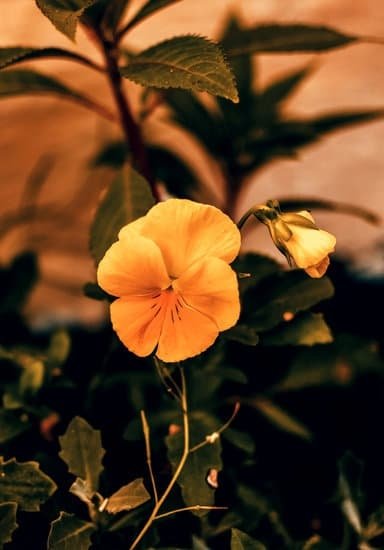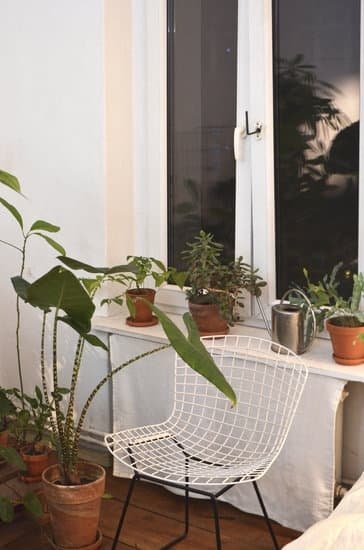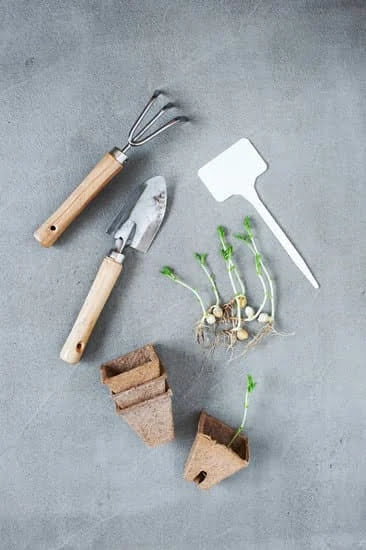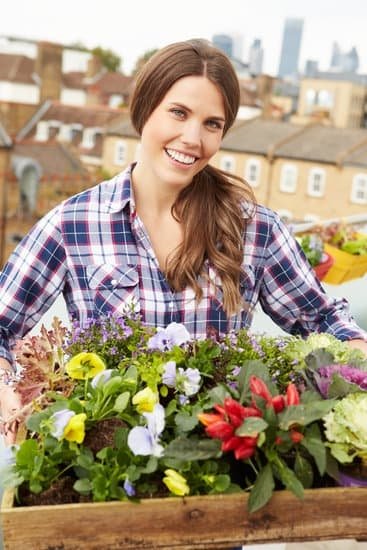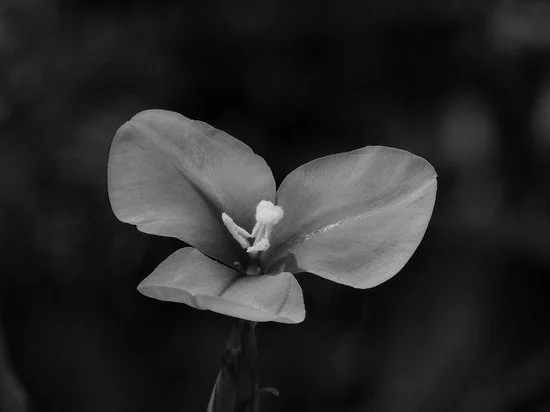Plants Gardening Tips
1. Sunlight – Most plants need sunlight to grow, so make sure to place them in an area where they will receive plenty of light.
2. Water – Be sure to water your plants regularly, especially during the summer months.
3. Soil – The type of soil that your plants are growing in is very important, so be sure to use the right type of soil for your plants.
4. Fertilizer – You may also need to use fertilizer to help your plants grow healthy and strong.
5. Pests – Be on the lookout for pests, such as insects and spiders, and take steps to get rid of them if necessary.
Planter Box Gardening Tips
When it comes to gardening, there are many different ways to go about it. One popular option is planter box gardening. This involves growing plants in a box-like container, which can be made from a variety of materials like wood, metal, or plastic. If you’re new to this type of gardening, here are a few tips to help you get started:
1. Choose the right plants. Not all plants are suitable for growing in a planter box. Make sure to select plants that are appropriate for your climate and the amount of sunlight your box will receive.
2. Size Matters. It’s important to choose a container that is large enough to accommodate the plants you want to grow. Be sure to take into account the size of the plants when selecting a container.
3. Choose the right soil. Not all soils are created equal, and not all soils are suitable for growing plants in a planter box. Be sure to use a soil that is specifically designed for container gardening.
4. Add drainage. One of the biggest challenges with growing plants in a planter box is ensuring that the soil doesn’t become waterlogged. To prevent this, be sure to add drainage holes to your container.
5. Fertilize regularly. Planter box gardening can be a great way to garden organically. However, it’s important to fertilize your plants regularly to ensure that they are getting the nutrients they need.
6. Water regularly. Another important factor to consider when gardening in a planter box is water. Be sure to water your plants regularly, especially during hot weather.
With these tips in mind, you’re ready to start planting in your own planter box!
Tips For Native Plant Gardening
There are many benefits to native plant gardening, such as attracting native wildlife, reducing maintenance, and improving water conservation. By following a few simple tips, you can create a beautiful and sustainable native plant garden.
1. Choose the right plants. Not all plants are native to your region, so be sure to choose plants that are indigenous to your area.
2. Use a variety of plants. A diverse garden will be more attractive to wildlife, and will also be less susceptible to pests and diseases.
3. Plant in groups. Planting in clusters will create a more natural look and make it easier for wildlife to find food and shelter.
4. Use native grasses. Native grasses are an important part of a healthy landscape, and they require little maintenance.
5. Use mulch. Mulch will help to conserve water and reduce the need for fertilizers and pesticides.
6. Be patient. It may take a few years for a native plant garden to mature, but the wait will be worth it.
Planting Garlic And Onions In Back To Eden Gardening Tips
One of the benefits of the Back to Eden gardening method is that you can plant garlic and onions right in the compost pile. Garlic and onions are a great way to add flavor to your food and they are also a great way to ward off pests.
When you are planting garlic and onions, it is important to keep in mind that they need plenty of room to grow. Make sure that you plant them in a spot where they will have plenty of room to spread out. Also, make sure that you keep them well-watered.
If you are planting garlic, it is important to remember that the bulbs will need to be exposed to the sun in order to grow properly. Plant the garlic cloves about an inch deep and make sure that the soil is well-drained.
Onions also need plenty of room to grow. Plant the onions in a spot where they will receive plenty of sunlight. Make sure that the soil is well-drained and that you water them regularly.
By planting garlic and onions in the compost pile, you will be able to keep them well-protected and they will also help to improve the quality of the soil.
Container Gardening Planting Tips
Container gardening is a great way to enjoy plants and flowers, and it’s also a great way to get your green thumb started. If you’re new to gardening, or if you just want to try something new, container gardening is a great option. Here are some tips to help you get started.
Choose the right container. The size of the container you choose is important, because you want to make sure that the plants have enough room to grow. You also want to choose a container that is large enough to hold the soil and the plants.
Choose the right soil. The soil you choose is also important, because you want to make sure that it is the right type of soil for the plants you are planting. You can buy pre-packaged soil, or you can make your own soil mix.
Choose the right plants. Not all plants are suitable for container gardening. You want to choose plants that are small and compact, and that will thrive in a pot.
Water the plants regularly. Container plants need to be watered regularly, so make sure to water them often. You may also want to water them more often during hot weather.
fertilize the plants. Container plants need to be fertilized regularly, so make sure to use a good quality fertilizer.
sunlight. Container plants need plenty of sunlight, so make sure to place them in a sunny spot.

Welcome to my gardening blog! I am passionate about plants and enjoy sharing my knowledge and experiences with others. In this blog, I will write about everything related to gardening, from tips on how to get started to updates on my own garden projects.

